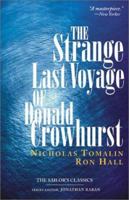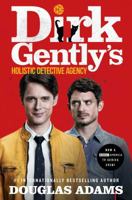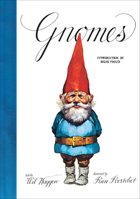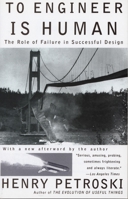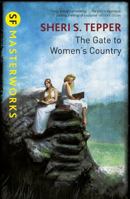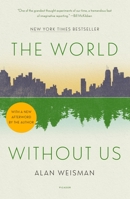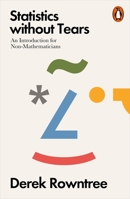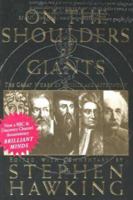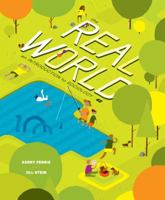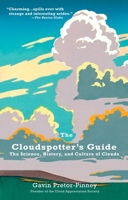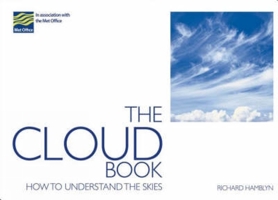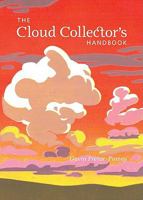The Book of Clouds
Select Format
Select Condition 
You Might Also Enjoy
Book Overview
New in Paper See the sky as you never have before. Using a series of his awe-inspiring images, photographer and scientist John Day--who has a Ph.D. in cloud physics and is known round the world as "The Cloudman"--introduces us to earth's great skyscape. His spectacular portfolio of pictures captures a variety of cloud forms and shapes, ranging from cottony-soft cumulus clouds to frightening, whirling funnels, as well as a number of optical effects, such as coronas and halos, seen in the heavens above. A magnificent cloud chart; an explanation of clouds formation; hints on forecasting, observing, and photographing clouds; and his "Ten Reasons to Look Up" teach us to use our inner eye to really perceive those familiar fleeting forms.
Format:Hardcover
Language:English
ISBN:0345430794
ISBN13:9780345430793
Release Date:February 2002
Publisher:Del Rey Books
Length:441 Pages
Weight:1.66 lbs.
Dimensions:1.5" x 6.4" x 9.6"
Related Subjects
Contemporary Fiction Literature & Fiction Science Fiction Science Fiction & FantasyCustomer Reviews
5 customer ratings | 5 reviews
There are currently no reviews. Be the first to review this work.














